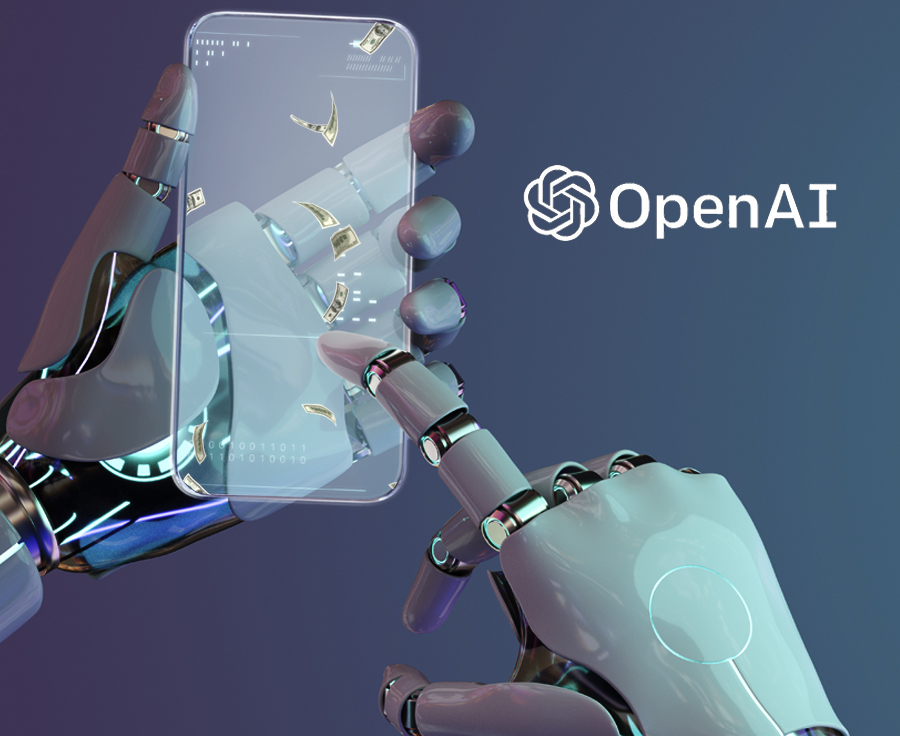































 ,
,In a recent interview, Chris Lehane, the newly appointed vice president of public works at OpenAI, underscores AI's role as 'critical infrastructure.' Drawing comparisons to historical projects like the New Deal, Lehane emphasised OpenAI's mission to leverage technology for the benefit of ordinary people, particularly in crucial areas like healthcare, education, and environmental sustainability. He highlighted the importance of OpenAI's seeming success in advancing democratic societies worldwide.
OpenAI's cautious choice of the term 'critical infrastructure' over 'public infrastructure' reflects an awareness of the potential implications. This framing may intensify calls for increased regulation or government oversight of AI products. Chris Lehane emphasises the importance of showcasing AI's tangible benefits to society as a means to navigate these challenges and gain public trust.
As OpenAI evolves, it seeks to navigate regulatory challenges while expanding its services to reach a wider array of users, including non-governmental organisations and governmental agencies serving marginalised communities. This shift in perspective-from seeing AI as a magical solution to recognising it as critical infrastructure-responds to public scepticism toward Silicon Valley's technological dominance.
Lehane's appointment signals OpenAI's acknowledgement of the necessity for experienced individuals to engage with decision-makers and communities globally, going beyond the leadership of CEO Sam Altman. Despite its prominence, OpenAI faces typical challenges encountered by growing startups, such as resource constraints and the imperative to ensure equitable access to its tools beyond corporate entities. Viewing AI as critical infrastructure can influence policymaking and regulatory frameworks, guiding responsible development and deployment of AI technologies.
, Etiquetas calientes:
Inteligencia Artificial
infraestructura
Etiquetas calientes:
Inteligencia Artificial
infraestructura